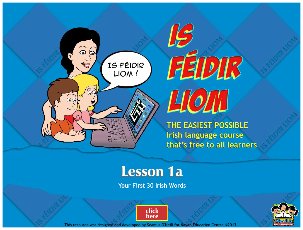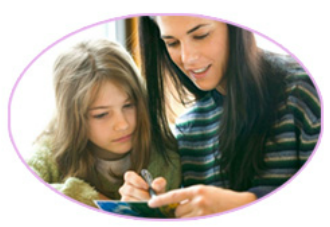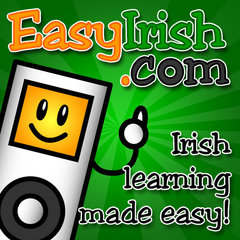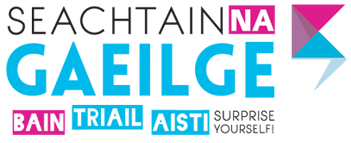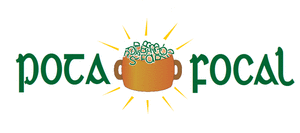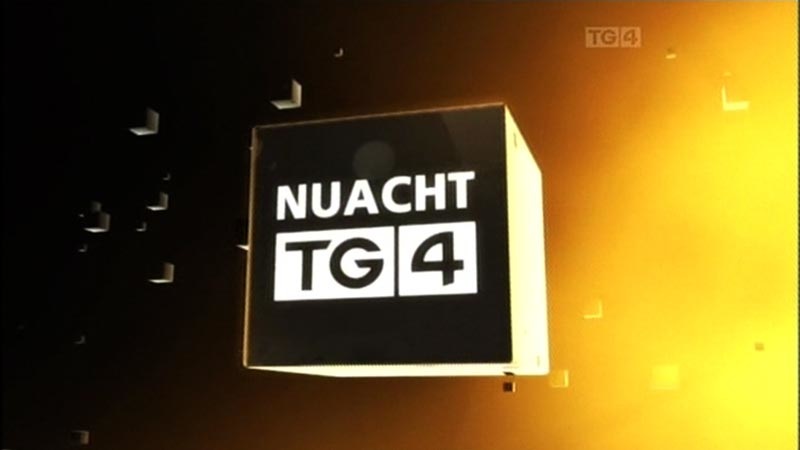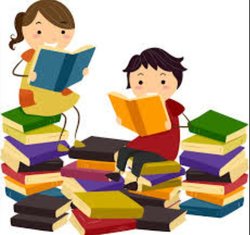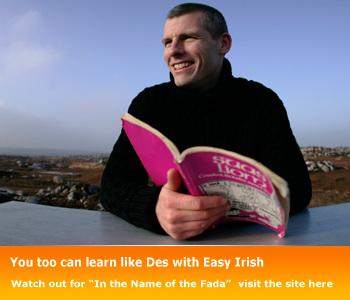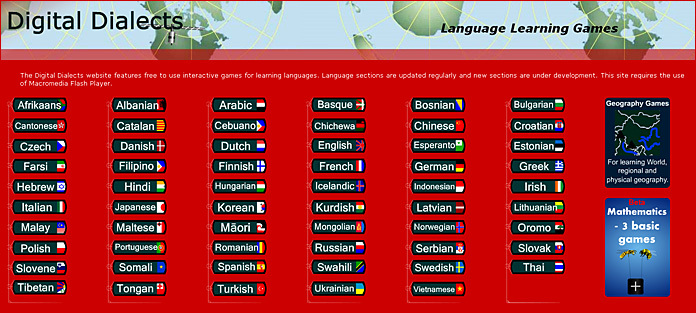Gaeilge do thuismitheoirí
Gaeilge (Irish), is taught every day in all classes. In the first few years at school, there is an emphasis on developing speaking and listening skills. Children play games, sing songs and learn rhymes. They learn vocabulary for everyday topics and themes like family, food, clothes, shopping and special occasions.
Further up the school, children also read and write in Irish. They will develop their speaking and listening skills so that they can hold a conversation with their friends and speak confidently and answer questions on a given topic.
You'll find some helpful information on the links below......
Click for .....Gaeilge at home
Click for ....Irish all around me
Click for ...Speaking and reading in Irish
Click for ....Praise, praise, praise
If you’d like to help your child and develop your own skills in learning Gaeilge, here are some useful phrases and websites to encourage using ‘cúpla focail’ at home!
Further up the school, children also read and write in Irish. They will develop their speaking and listening skills so that they can hold a conversation with their friends and speak confidently and answer questions on a given topic.
You'll find some helpful information on the links below......
Click for .....Gaeilge at home
Click for ....Irish all around me
Click for ...Speaking and reading in Irish
Click for ....Praise, praise, praise
If you’d like to help your child and develop your own skills in learning Gaeilge, here are some useful phrases and websites to encourage using ‘cúpla focail’ at home!
|
Dia duit - Hello (Deea gwitch)
Dia is Muire duit - Hello to you too (Deea is mwura gwitch) Slán - Bye (Slawn) Slán go fóill - Bye for now (Slawn gu fo-ill) Conas atá tú? - How are you? (Kunis a thaw thu?) Tá mé … go maith / go dona / ceart go leor – I am well / bad / ok (Thaw may … go ma / go duna / cyart go lore) Ná déan dearmad ar an leabhar - Don’t forget the book (Naw jane jarmad air an lou-er) Maith thú! – Well done to you! (Ma who!) An bfhuil tú réidh? – Are you ready? (An will thoo ray?) Déanfaimid an obair bhaile anois – We'll do the homework now (Dain-fi-meed-an uber walya anish) Go hiontach - brilliant (Gu heentock) Is buachaill / cailín iontach thú – You are a great boy/girl (Iss bu-kill / colleen eentuck who) Taispeáin dom cad a rinne tú aer scoil – Show me what you did at school(Thaspawn dum cad a rinna thoo ar skul) Glan an seomra – Clean the room (Glan an shom-ra) Las an solas / lampa - Turn on the light / lamp (Loss an su-loss / lampa) Much an solas - Turn off the light (Mook an su-loss) |
Bia (Bee-a) agus an Chistin (kishtin)
Food and the Kitchen An dtabharfaidh tú an … dom le do thoil? - Could you give me the … please? (An dure-de thoo an ... dum le du hull?) Tá an … blasta / fuar / te – The … is tasty / cold / hot (Thas an ... blah-st / foor / te) Tá an dinnéar réidh - Dinner is ready (Thaw an din-air ray) Is maith liom an ... - I like the ... (Is ma lum an ...) spúnóg - spoon (spoonogue) scian - knife (shkeen) forc - fork (fork) sú oráiste – orange juice (sue ur-ah-shta) tae - tea (tay) feoil – meat (fyohl) bainne - milk (bon-ya) na glasraí – the vegetables (na gloss-ree) subh - jam (suv) milseog – dessert (milshogue) callóga arbhair - cornflakes (kall-oh-ga ar-oor) salann – salt (sal-in) siúcra - sugar (shoo-kra) piobar – pepper (pyuber) arán – bread (arawn) |
